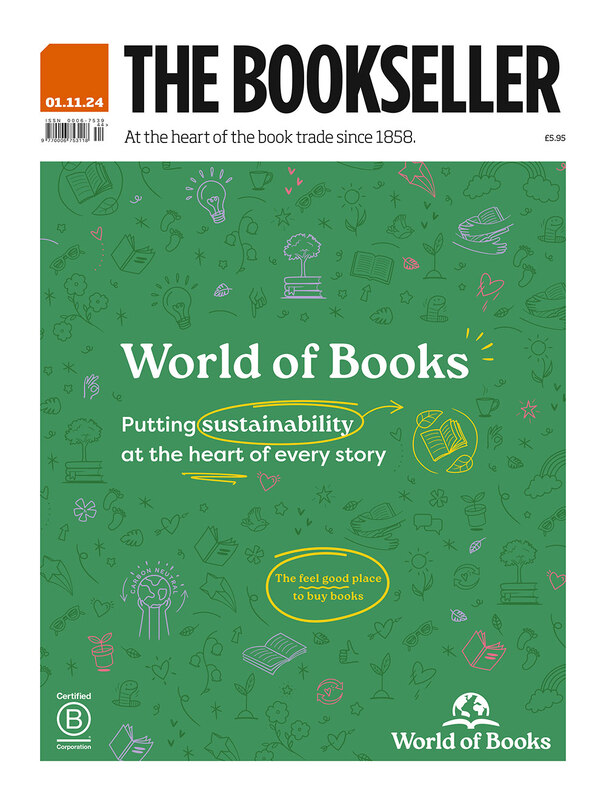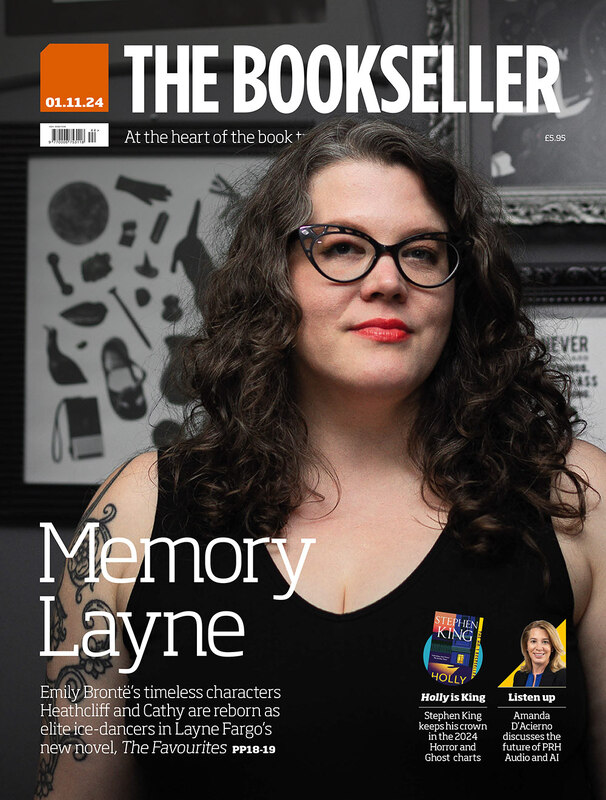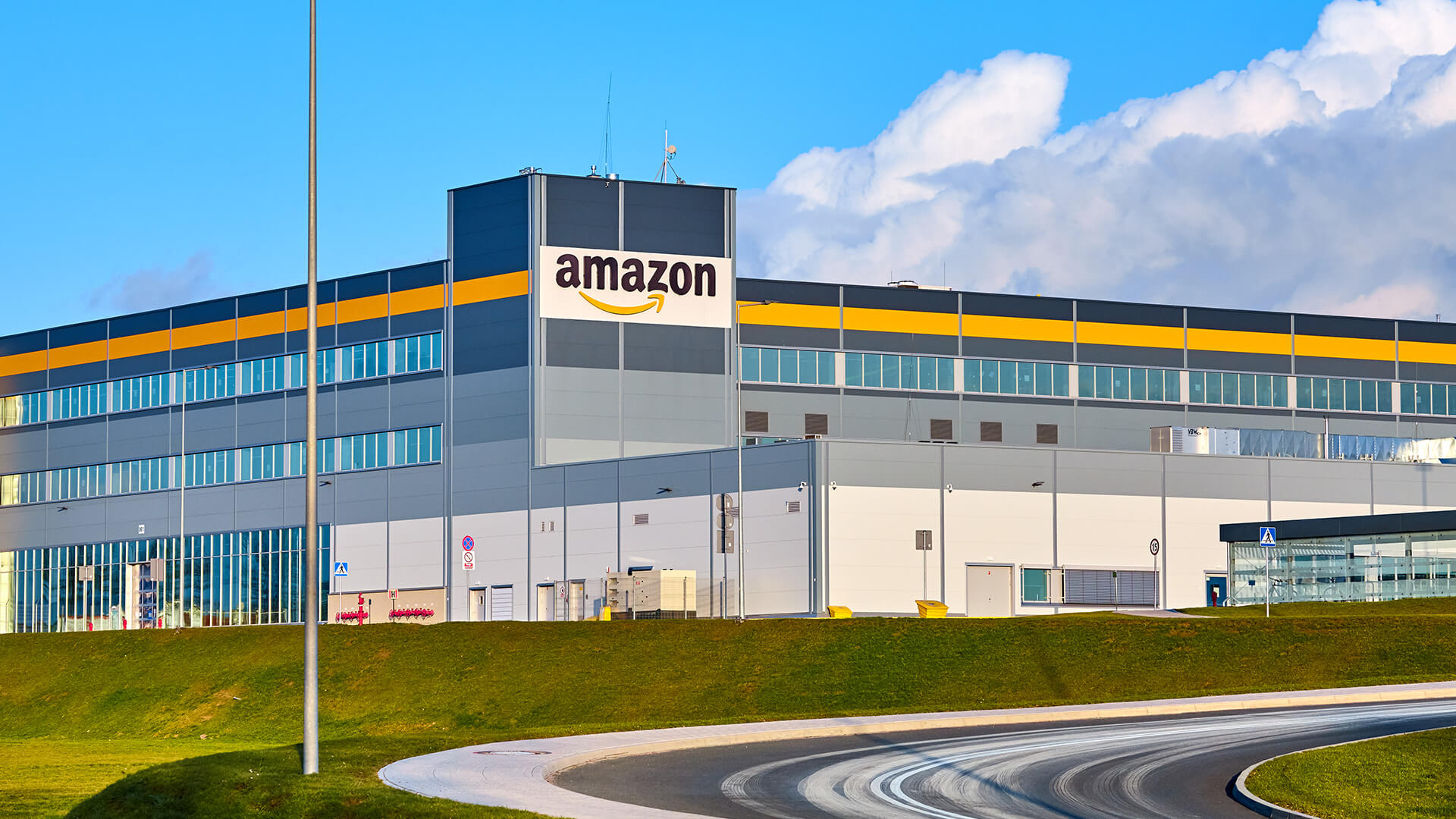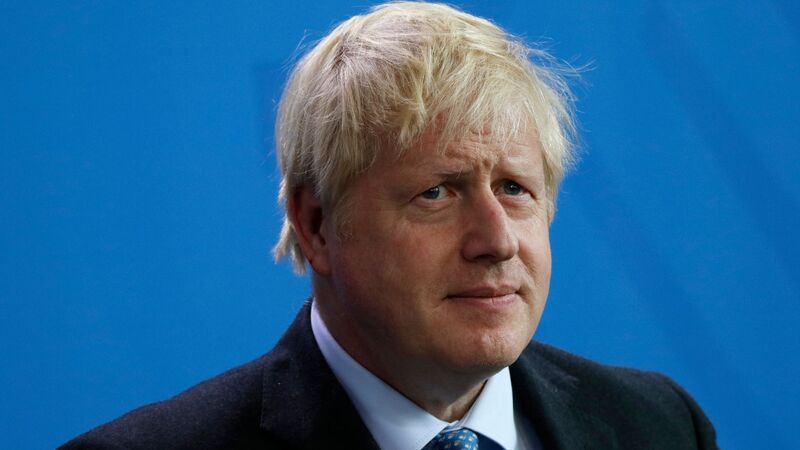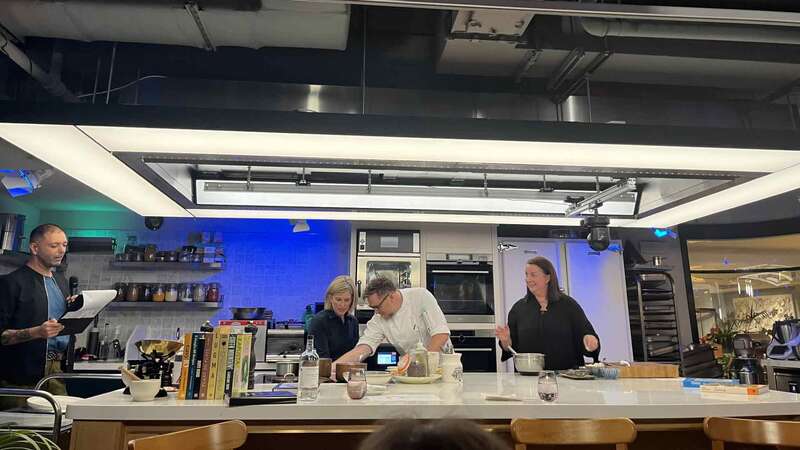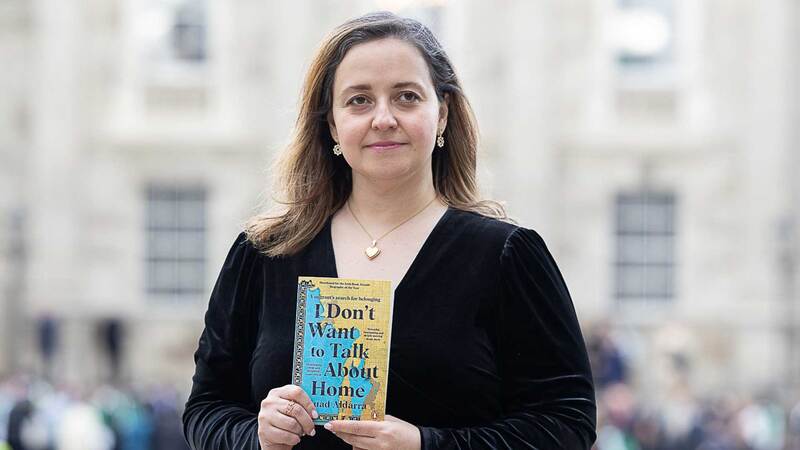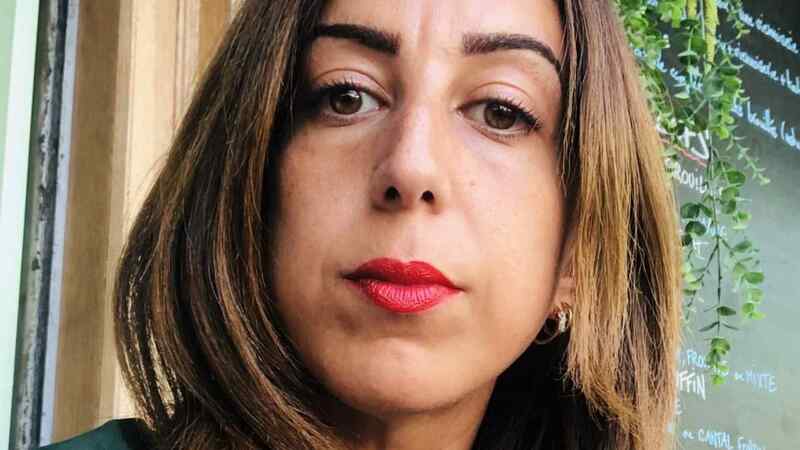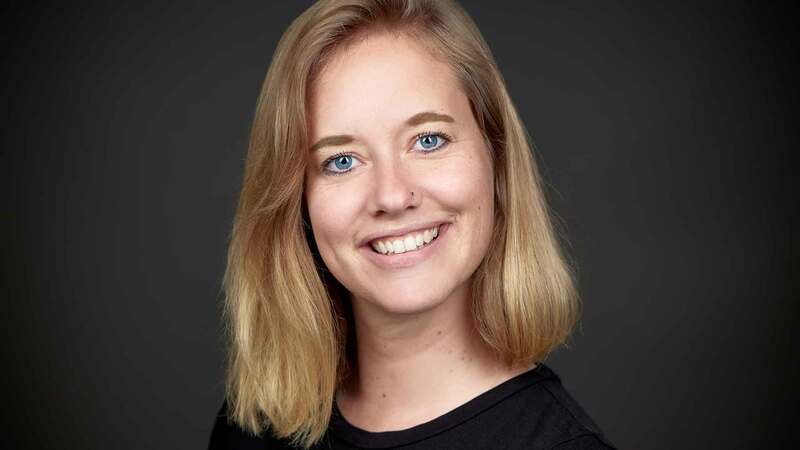You are viewing your 1 free article this month. Login to read more articles.
Amazon dominates conversation at ABA Winter Institute
The American Booksellers Association (ABA) Winter Institute kicked off in Seattle on Monday (20th February) welcoming 1,600 participants and an agenda stretching from Amazon to Generation Z.
Of the more than 900 booksellers present from 470 different shops, 435 are first-timers. Three hundred publishers joined in, plus a bevy of authors, from Colson Whitehead to Chloe Gong. Foreign booksellers and associations also came, from five European countries, Guatemala, Canada, Australia, New Zealand, and the UK, with Booksellers Association m.d. Meryl Halls and her last three presidents – Nic Bottomley, Andy Rossiter, and Hazel Broadfoot – among them.
This is the first in-person Winter Institute since the ABA convened in Baltimore in 2020, a month before Covid changed everything. As c.e.o. Allison Hill noted, this visit to the city that has become synonymous with the A-word is especially significant: after three years that have seen pandemic, supply-chain nightmares, labour shortages, war, and a looming threat of recession, indies – still processing the traumas of recent times — find themselves at Amazon central, yet more defiant, united, and hopeful than ever about finding ways to counter its enormous power.
“You made it!” Hill greeted the joyous crowd Tuesday, and so did she: her tenure began at the same time as the pandemic. But not only is the ABA here, it’s by many measures stronger. Membership has increased 20% since 2020, with 254 new members added in 2021, and 203 last year; another 323 shops are in the pipeline within the next two years. “This is the inspiration – why we come together in person, to be able to fill the [depleted] well again, to reinvigorate the great work you do in the world,” she emphasised, “for the world needs the inspiration of bookshops".
The first day started and ended with conversations on consolidation, particularly Amazon. In their morning keynote, Cory Doctorow, co-author of Chokepoint Capitalism (Beacon Press) and Stacy Mitchell, director of the Minneapolis-based Institute for Local Self-Reliance, who partnered with the ABA to create the Small Business Rising group, launched a big-picture discussion about how corporate monopolies squeeze consumers and suppliers and any competitors left standing. “At long last [antitrust change] is really coming,” Mitchell said, looking back to the Department of Justice win last autumn against PRH’s attempt to buy S&S, and forward to what the Wall Street Journal reported recently: that under its chairwoman Lina Khan (a British-born American), the Federal Trade Commission is preparing an antitrust suit against Amazon.
The Obama administration had been a friend to Amazon, but the working-class roots of Joe Biden brought an entirely different priority. “After taking office,” Mitchell noted, Biden “forcefully repudiated bigger-is-better low-prices-are-everything economic policy” and the bullying power of monopolies. There has even been a call in some quarters for the resurrection of the enforcement powers of Depression-era antitrust legislation that had been allowed to become dormant. Consumers may have depended on Amazon during the pandemic, but also woke up to how it treats its workers and marketplace sellers.
Doctorow inveighed against economist Milton Friedman’s “Ayn Rand fan-fiction” ideas that made us “think of ourselves as consumers and not citizens", and the “chokepoint capitalism” that gives monopolists in the middle so much power to “lure in” customers and later sellers and then “lock” them in, “squatting on the necks” of customer and supplier alike. Both Doctorow and Mitchell cited the importance of advocating for change as individuals, but it will take common cause – action from booksellers, writers, customers, publishing workers, not to mention government – to effect the needed structural change.
At the end of the day, Bookshop.org founder Andy Hunter, and Phil Davies, who directs the ABA’s IndieCommerce platform, joined forces to share practical strategies to grow the kind of online sales that all indies should capture. Hunter asserted that it was “very possible” in the next four years or so for indies to increase ecommerce by “500%". After all, in 2022 indie online sales were at least $100m, a 182% increase over $15m in 2019. There is evidence, Davies said, that “we’re taking market share from Amazon,” probably about 2.5% since 2019. To have a fair market share – the same 12% online as in the overall book market – would mean $500m.
E-commerce must-haves include using an email list (e.g., Mailchimp) to reach customers, and social media to remind them you exist; having a mobile-friendly site where it’s easy to make a purchase; and having a posting plan/calendar with frequent activity. Online, people have “zero frustration tolerance,” Hunter said, “so you’ll lose customers to Amazon if your site takes more than two seconds to load". Design it for what you want the user to do, and put everything important “above the fold". Since only a small percentage of people who visit a website actually buy something, at least collect their data so you can connect later.
Booksellers need to become good at using Google Analytics, not least since they will show where your customers are. Use Google My Business to boost local s.e.o.. Be on the Google Search Console, to find out the search terms people use to find your site and more. On Bookshop.org, join the profit pool; get on the bookshop finder map; create lists; share links to affiliate customers; and, as Hunter says, “understand that you’re not cannibalising your in-store customers by selling online". Hunter concluded: “Amazon can’t win on heart. That still matters to some people.”

